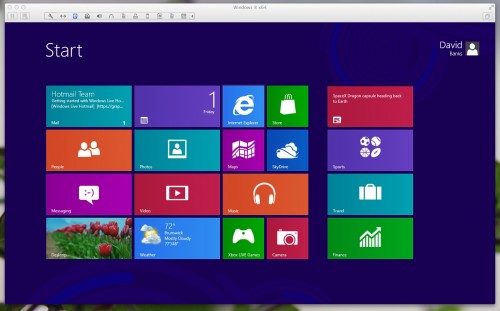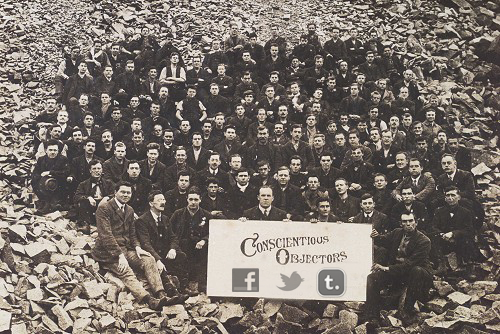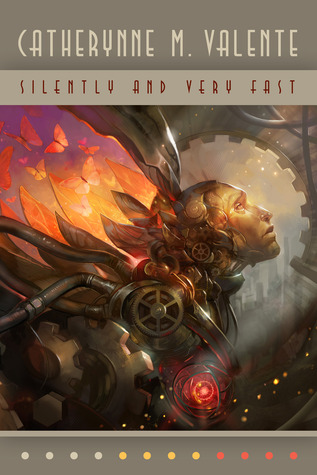The following is a review of Lee Rainie and Barry Wellman’s new book Networked: The New Social Operating System (MIT Press).
Broad Summary
Rainie and Wellman, using scores of data, argue that we live in a networked operating system characterized by networked individualism. They describe the triple revolution (networked revolution, internet revolution, and mobile revolution) that got us here, and discuss the repercussions of this triple revolution within various arenas of social life (e.g. the family, relationships, work, information spread). They conclude with an empirically informed guess at the future of the new social operating system of networked individualism, indulging augmented fantasies and dystopic potentials. Importantly, much of the book is set up as a larger argument against technologically deterministic claims about the deleterious effects of new information communication technologies (ICTs).
more...








